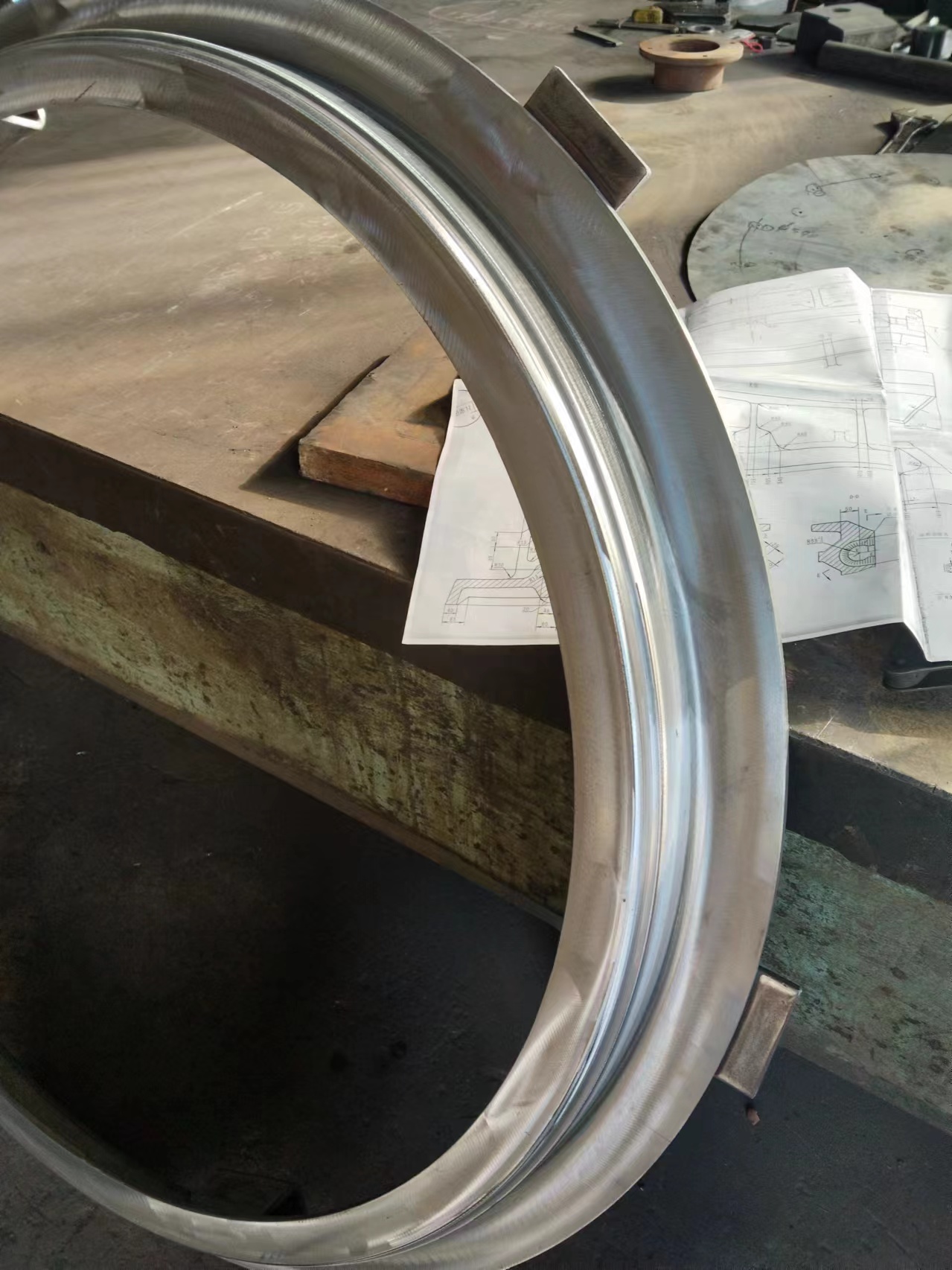- Afrikaans
- Albanian
- Amharic
- Arabic
- Armenian
- Azerbaijani
- Basque
- Belarusian
- Bengali
- Bosnian
- Bulgarian
- Catalan
- Cebuano
- China
- China (Taiwan)
- Corsican
- Croatian
- Czech
- Danish
- Dutch
- English
- Esperanto
- Estonian
- Finnish
- French
- Frisian
- Galician
- Georgian
- German
- Greek
- Gujarati
- Haitian Creole
- hausa
- hawaiian
- Hebrew
- Hindi
- Miao
- Hungarian
- Icelandic
- igbo
- Indonesian
- irish
- Italian
- Japanese
- Javanese
- Kannada
- kazakh
- Khmer
- Rwandese
- Korean
- Kurdish
- Kyrgyz
- Lao
- Latin
- Latvian
- Lithuanian
- Luxembourgish
- Macedonian
- Malgashi
- Malay
- Malayalam
- Maltese
- Maori
- Marathi
- Mongolian
- Myanmar
- Nepali
- Norwegian
- Norwegian
- Occitan
- Pashto
- Persian
- Polish
- Portuguese
- Punjabi
- Romanian
- Russian
- Samoan
- Scottish Gaelic
- Serbian
- Sesotho
- Shona
- Sindhi
- Sinhala
- Slovak
- Slovenian
- Somali
- Spanish
- Sundanese
- Swahili
- Swedish
- Tagalog
- Tajik
- Tamil
- Tatar
- Telugu
- Thai
- Turkish
- Turkmen
- Ukrainian
- Urdu
- Uighur
- Uzbek
- Vietnamese
- Welsh
- Bantu
- Yiddish
- Yoruba
- Zulu
Jul . 27, 2024 21:19 Back to list
Innovative Techniques for Designing Efficient Molds for Aluminum Casting Processes and Applications
Mold for Aluminum An Essential Element in Modern Manufacturing
In the realm of manufacturing, the use of molds plays a pivotal role in shaping and defining the final products we rely on every day. Among the various materials utilized in industrial applications, aluminum stands out due to its unique properties, including lightweight, corrosion resistance, and excellent thermal conductivity. The creation of molds specifically designed for aluminum casting is a critical process that impacts product quality, efficiency, and cost-effectiveness.
Aluminum molds are typically crafted from robust materials such as steel or high-density thermoplastics, which can endure the rigors of repeated casting cycles. The decision on the type of mold material often depends on factors such as the complexity of the design, the expected production volume, and the specific properties of aluminum being used. For high-volume production, steel molds are preferred for their durability and longevity. However, for smaller runs or prototypes, aluminum or thermoplastic molds may be more advantageous.
Mold for Aluminum An Essential Element in Modern Manufacturing
Once the design is finalized, the next step entails creating a prototype mold. This may involve advanced techniques such as 3D printing to quickly produce a model that can be tested for design integrity and ease of use. Prototype molds allow manufacturers to identify potential issues early in the production process, saving both time and resources in the long run.
mold for aluminum

After prototyping, full-scale production molds are manufactured. The production process typically involves machining, where the mold components are cut and shaped into their final forms. Finishing processes, such as polishing and coating, may also be applied to enhance surface quality and improve the mold's longevity.
One of the significant benefits of utilizing molds for aluminum casting is the precision it offers. High-quality molds enable manufacturers to produce intricate components with tight tolerances, which is especially important in industries such as automotive and aerospace, where safety and performance are paramount. Furthermore, aluminum molds ensure consistency in production, allowing for uniformity across thousands of parts.
However, the mold-making process is not without its challenges. Maintaining the integrity of the mold over time is crucial, as wear and tear can lead to defects in the finished product. Regular maintenance and timely repairs are required to uphold the mold’s functionality and reliability.
In conclusion, molds for aluminum casting are an essential component of modern manufacturing, enabling the precise and efficient production of various aluminum components. The careful design, prototyping, and maintenance of these molds directly influence the quality and cost-effectiveness of the manufacturing process. As industries continue to evolve and strive for greater efficiency, the innovation in mold technology will play a vital role in meeting the demands of future manufacturing challenges. By investing in high-quality mold design and production, manufacturers can ensure they remain competitive in an ever-changing market landscape.
-
8mm Thin-Walled Cast Steel Manhole Cover Pallet Bottom Ring | Durable
NewsAug.04,2025
-
Premium Cast Iron Water Main Pipe: Durable, Corrosion-Resistant
NewsAug.03,2025
-
Durable Cast Iron Water Mains | AI-Optimized Systems
NewsAug.02,2025
-
High-Efficiency Propane Boiler for Baseboard Heat | Save Energy
NewsAug.01,2025
-
Premium Source Suppliers for Various Gray Iron Castings
NewsJul.31,2025
-
Durable Cast Iron Water Main Pipes | Long-Lasting
NewsJul.31,2025


